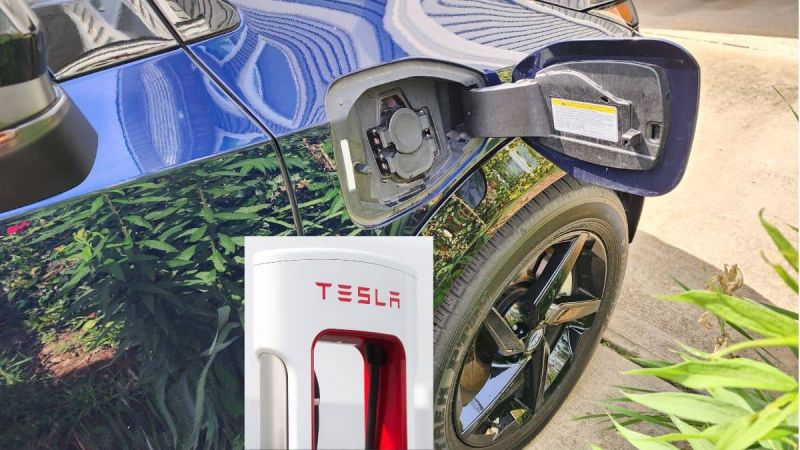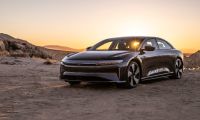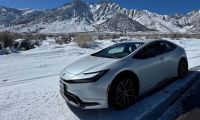Nissan's move to adopt the Tesla NACS EV charging standard makes Nissan the first Japanese automaker to do so, and it follows similar moves by American rivals Ford, General Motors, and Rivian. This decision places Nissan alongside global peers in its efforts to expand the fast-charger network and accelerate the adoption of electric vehicles (EVs).
The NACS is a proprietary charging standard developed by Tesla, and it is not compatible with the Combined Charging System (CCS), which is the dominant charging standard in the United States. This decision by Nissan to adopt NACS is a paradox, as it could lead to fragmentation of the U.S. charging market.
Initially, we may see some fragmentation in the US electric vehicle charging market, but there are some great benefits. Before I discuss the benefits, I want to raise 3 questions and will answer them in this report, but please, you also share your thoughts in the comments section if you have opinions on them.
1. Why did Nissan choose to adopt NACS instead of CCS?
2. What are the potential consequences of Nissan's decision?
3. Is there any way to avoid fragmentation of the U.S. charging market?
So here are the potential benefits of Nissan joining Tesla's NACS. For one, it would give Nissan customers access to Tesla's extensive Supercharger network, which currently accounts for about 60% of the total number of fast chargers in the United States. Additionally, the NACS is a more efficient charging standard than CCS, which could lead to faster charging times for Nissan EVs.
And here are the answers to my 3 questions above about Nissan joining Tesla and adopting NACS charging standard vs the current CCS.
Why did Nissan choose to adopt NACS instead of CCS?
There are a few reasons why Nissan may have chosen to adopt NACS. First, Tesla's Supercharger network is the largest and most widespread fast-charging network in the United States. This gives Nissan customers access to a wider range of charging options. Second, the NACS is a more efficient charging standard than CCS, which could lead to faster charging times for Nissan EVs.
What are the potential consequences of Nissan's decision?
The decision by Nissan to adopt NACS could lead to fragmentation of the U.S. charging market. If more automakers adopt NACS, it could make it more difficult for consumers to find compatible chargers. But, by adopting Tesla's NACS, Nissan gains access to the extensive Tesla Supercharger network, which currently accounts for approximately 60% of fast chargers in the United States. This integration ensures that Nissan EV owners will have increased convenience and access to well-established charging infrastructure, thereby reducing range anxiety and enhancing the overall ownership experience.
Is there any way to avoid fragmentation of the U.S. charging market?
The best way to avoid fragmentation of the U.S. charging market is for automakers to adopt a single, universal charging standard. This would make it easier for consumers to find compatible chargers and for the government to provide incentives for the deployment of charging infrastructure.
Nissan's adoption of Tesla's NACS could set a precedent for other automakers to explore alternative charging standards beyond the CCS. This shift indicates that automakers are willing to prioritize customer convenience and existing charging infrastructure over unified charging standards. The industry might witness increased collaboration and partnerships between automakers to create a more cohesive and accessible charging network that accommodates multiple standards.
Armen Hareyan is the founder and the Editor in Chief of Torque News. He founded TorqueNews.com in 2010, which since then has been publishing expert news and analysis about the automotive industry. He can be reached at Torque News Twitter, Facebok, Linkedin, and Youtube.
Reference: Nissan.
Set Torque News as Preferred Source on Google











